- Browse
- Infectious Disease
Infectious Disease Courses
Infectious disease courses can help you learn epidemiology, infection control methods, and the biology of pathogens. You can build skills in outbreak investigation, data analysis, and public health communication. Many courses introduce tools like statistical software for analyzing disease trends and modeling software for predicting outbreaks, that support applying your knowledge in real-world health scenarios.
Popular Infectious Disease Courses and Certifications
 Status: PreviewPreviewU
Status: PreviewPreviewUUniversity of Geneva
Skills you'll gain: Healthcare Ethics, Emergency Medical Services, Patient Safety, Health Care, Patient Advocacy, Health Systems, Legal Risk, Community Health, Hospital Experience, Safety and Security, Law, Regulation, and Compliance, Emergency Response, Health Policy, Risk Management
4.5·Rating, 4.5 out of 5 stars80 reviewsBeginner · Course · 1 - 3 Months
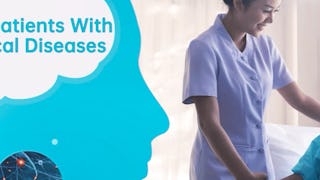 Status: PreviewPreviewP
Status: PreviewPreviewPPeking University
Skills you'll gain: Neurology, Nursing Care, Rehabilitation, Nursing, Chronic Diseases, Anatomy, Geriatrics, Patient Safety, Physiology, Pathology, Diagnostic Tests, Patient Education And Counseling, Clinical Assessment
Intermediate · Course · 1 - 3 Months
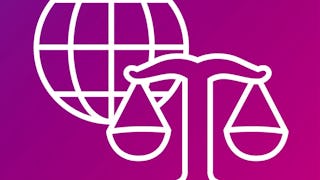 Status: Free TrialFree TrialI
Status: Free TrialFree TrialIImperial College London
Skills you'll gain: Health Policy, Climate Change Adaptation, Policy Analysis, Environmental Policy, Social Determinants Of Health, Health Systems, Environmental Issue, Sustainable Development, Climate Change Mitigation, Policy Development, Public Health, Environmental Science, International Relations, Governance, Research
4.8·Rating, 4.8 out of 5 stars8 reviewsBeginner · Course · 1 - 3 Months
 Status: Free TrialFree TrialU
Status: Free TrialFree TrialUUniversity of Michigan
Skills you'll gain: Demography, Occupational Health, Environmental Regulations, Social Justice, Environmental Issue, Public Health, Health Equity, Environment, Environmental Laws, Environmental Policy, Health Systems, Sustainable Development, Health Disparities, Systems Thinking, Environment Health And Safety, Occupational Safety and Health Administration (OSHA), Social Determinants Of Health, Climate Change Mitigation, Environmental Science, Epidemiology
4.7·Rating, 4.7 out of 5 stars297 reviewsBeginner · Specialization · 3 - 6 Months
 Status: NewNewStatus: Free TrialFree Trial
Status: NewNewStatus: Free TrialFree TrialSkills you'll gain: Time Series Analysis and Forecasting, Anomaly Detection, Exploratory Data Analysis, Descriptive Analytics
Beginner · Course · 1 - 4 Weeks
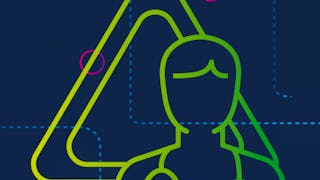 Status: Free TrialFree TrialI
Status: Free TrialFree TrialIImperial College London
Skills you'll gain: Health Policy, Health Systems, Health Equity, Health Assessment, Health Care, Public Health, Health Disparities, Health Care Administration, Governance, Health Promotion, Policy Analysis, Social Determinants Of Health, Primary Care, Sustainable Development, Community Health, Program Evaluation, Research, Case Studies
4.7·Rating, 4.7 out of 5 stars318 reviewsBeginner · Specialization · 1 - 3 Months
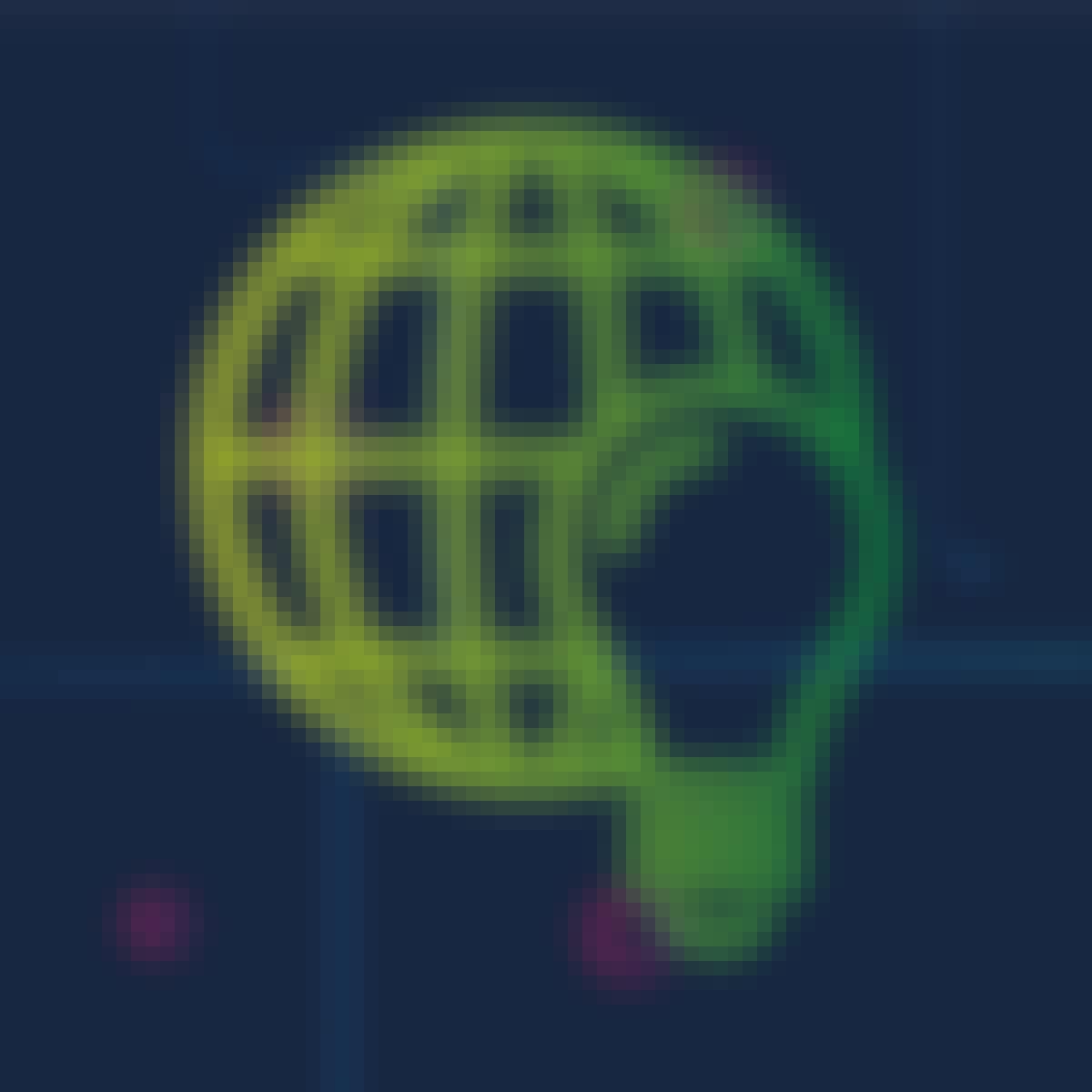 Status: Free TrialFree TrialI
Status: Free TrialFree TrialIImperial College London
Skills you'll gain: Innovation, Product Development, Intellectual Property, Design Thinking, New Product Development, Health Systems, Presentations, Public Speaking, Verbal Communication Skills, Commercialization, Ideation, Organizational Structure, Persuasive Communication, Healthcare Project Management, Strategic Communication, Organizational Change, Health Technology, Healthcare Industry Knowledge, Entrepreneurship, Public Health
4.7·Rating, 4.7 out of 5 stars292 reviewsBeginner · Specialization · 1 - 3 Months
 Status: Free TrialFree TrialU
Status: Free TrialFree TrialUUniversity of Michigan
Skills you'll gain: Environmental Regulations, Sustainable Development, Environmental Policy, Climate Change Mitigation, Energy and Utilities, Climate Change Adaptation, Environment and Resource Management, Environmental Science, Health Assessment, Public Health, Pollution Prevention
4.9·Rating, 4.9 out of 5 stars92 reviewsBeginner · Course · 1 - 4 Weeks
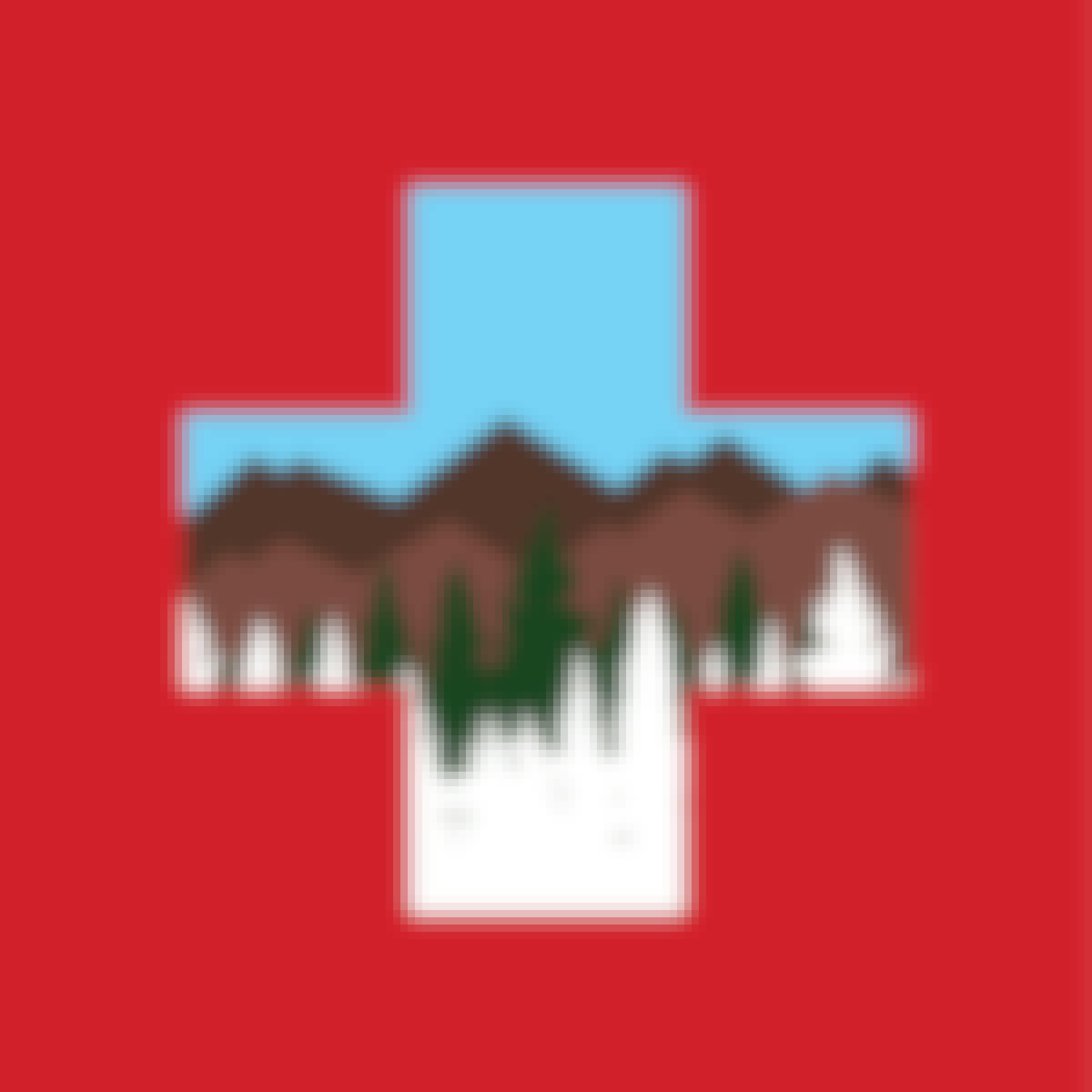 Status: Free TrialFree TrialU
Status: Free TrialFree TrialUUniversity of Colorado System
Skills you'll gain: Splinting, Trauma Care, Emergency Medicine, Wound Care, First Aid, Patient Positioning, Triage, Orthopedics, Patient Evaluation, Emergency Response, Pain Management, Vital Signs, Clinical Assessment
4.9·Rating, 4.9 out of 5 stars19 reviewsBeginner · Course · 1 - 4 Weeks
 Status: PreviewPreviewU
Status: PreviewPreviewUUniversity of Colorado Boulder
Skills you'll gain: Microbiology, Health Informatics, Big Data, Biostatistics, Data Analysis, Immunology, Molecular Biology, Nutrition and Diet, Biology, Specimen Collection
4.7·Rating, 4.7 out of 5 stars1.2K reviewsBeginner · Course · 1 - 3 Months
 Status: PreviewPreviewS
Status: PreviewPreviewSShanghai Jiao Tong University
Skills you'll gain: Microbiology, Molecular Biology, Life Sciences, Bioinformatics, Human Development, Physiology, Taxonomy, Biology, Biochemistry, Cell Biology, Endocrinology, Biotechnology, Anthropology, European History, Neurology, Ancient History, General Science and Research, World History, Scientific Methods
4.4·Rating, 4.4 out of 5 stars19 reviewsMixed · Course · 1 - 3 Months
Searches related to infectious disease
In summary, here are 10 of our most popular infectious disease courses
- Violence Against Healthcare: University of Geneva
- Caring for Patients with Neurological Diseases(神经系统疾病病人的护理): Peking University
- Climate change and health: Imperial College London
- Impacts of the Environment on Global Public Health: University of Michigan
- Analyze Healthcare Data for Patient Outcomes: Coursera
- Health Systems Development: Imperial College London
- Global Health Innovations: Imperial College London
- Climate Change, Sustainability, and Global Public Health: University of Michigan
- Wilderness First Aid - Traumatic Emergencies: University of Colorado System
- Gut Check: Exploring Your Microbiome: University of Colorado Boulder










